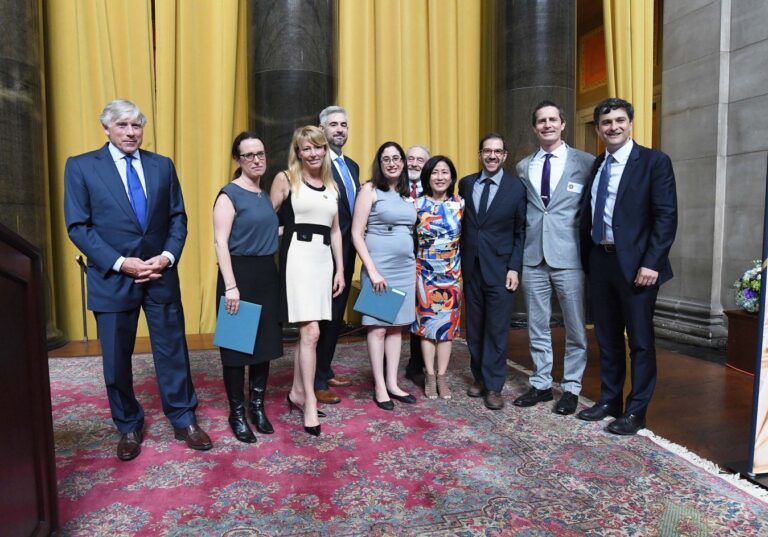Florida Supreme Court Upholds Ruling in Trump vs. Pulitzer Defamation Case
Florida’s Supreme Court has delivered a significant blow to the Pulitzer Prize Board by declining to hear its appeal regarding President Donald Trump’s defamation lawsuit. This decision allows Trump to proceed with his case against the Board, which is funded by Columbia University and awards prestigious journalism prizes.
Background of the Lawsuit
President Trump is pursuing legal action against the Pulitzer Prize Board for bestowing the 2018 national reporting award upon the New York Times and the Washington Post. The award was granted for their reporting on unsubstantiated claims that Trump’s 2016 campaign colluded with Russia. This coverage was later criticized as largely discredited, igniting Trump’s lawsuit.
Key Points:
- Defamation Claims: Trump accuses the Pulitzer Board of defamation related to its award for coverage he deems false.
- Awards in Controversy: The Pulitzer Prize was given for articles alleging Russian collusion, contributing to significant media pressure that led to a special counsel investigation.
Recent Developments
The Pulitzer Board sought to postpone the lawsuit, aiming for a resolution after Trump leaves office. However, since May 2023, the Florida courts, including the Fourth District Court of Appeal, have consistently rejected this request. The Supreme Court’s recent refusal to hear the case further solidifies this trend.
Court’s Stance on Jurisdiction
The Florida Supreme Court explained, “This cause having heretofore been submitted to the Court on jurisdictional briefs… it is ordered that the petition for review is denied.” The Board’s attempts to argue that the lawsuit could interfere with Trump’s presidential duties were declined.
- No Appeal Options: The court explicitly stated that no motion for rehearing will be entertained.
Future Actions by the Pulitzer Board
The Board’s representatives expressed concern that allowing the case to progress might enable Trump to misuse state courts for personal vendettas. They stated they are evaluating their next legal steps to continue defending journalism and First Amendment rights.
Responses:
- Pulitzer Board: "Allowing this case to proceed facilitates President Trump’s use of state courts as both a sword and a shield."
- Trump’s Legal Team: R. Quincy Bird remarked, “This was a correct and just decision by the Florida Supreme Court.”
Legal Arguments and Implications
The Pulitzer Board’s defense pivots on the assertion that it has the constitutional authority to postpone lawsuits against sitting presidents, claiming potential conflicts with official duties. However, the Fourth District Court of Appeal dismissed this viewpoint, indicating that the Board lacked sufficient grounds for such immunity.
Key Legal Findings:
- The courts have consistently ruled in favor of hearing the case.
- The Board’s claim of potential interference with duties was deemed unsupported.
Broader Context and Reactions
The controversy surrounding the Pulitzer Prizes touches upon broader themes of media integrity and accountability. Trump’s team argues that the Pulitzer’s awards are unwarranted given subsequent findings that contradict the reporting for which they were honored.
Additional Points of Interest:
- The last time the Pulitzer Board rescinded an award was in 1981, when it acknowledged fabricated reporting.
- Despite controversies, the Board remains resolute in its stance, indicating plans for no settlements regarding the lawsuit.
Conclusion
The Florida Supreme Court’s recent ruling underscores the ongoing tensions between political figures and media institutions. As President Trump’s defamation lawsuit against the Pulitzer Prize Board moves forward, it raises essential questions about the intersection of journalism, politics, and the legal system.
For more comprehensive coverage of this case, you can visit Law.com and The New York Times.
By exploring this complex narrative, the implications of the trial could reverberate well beyond the courtroom, shaping the dialogue around journalism and political accountability for years to come.


